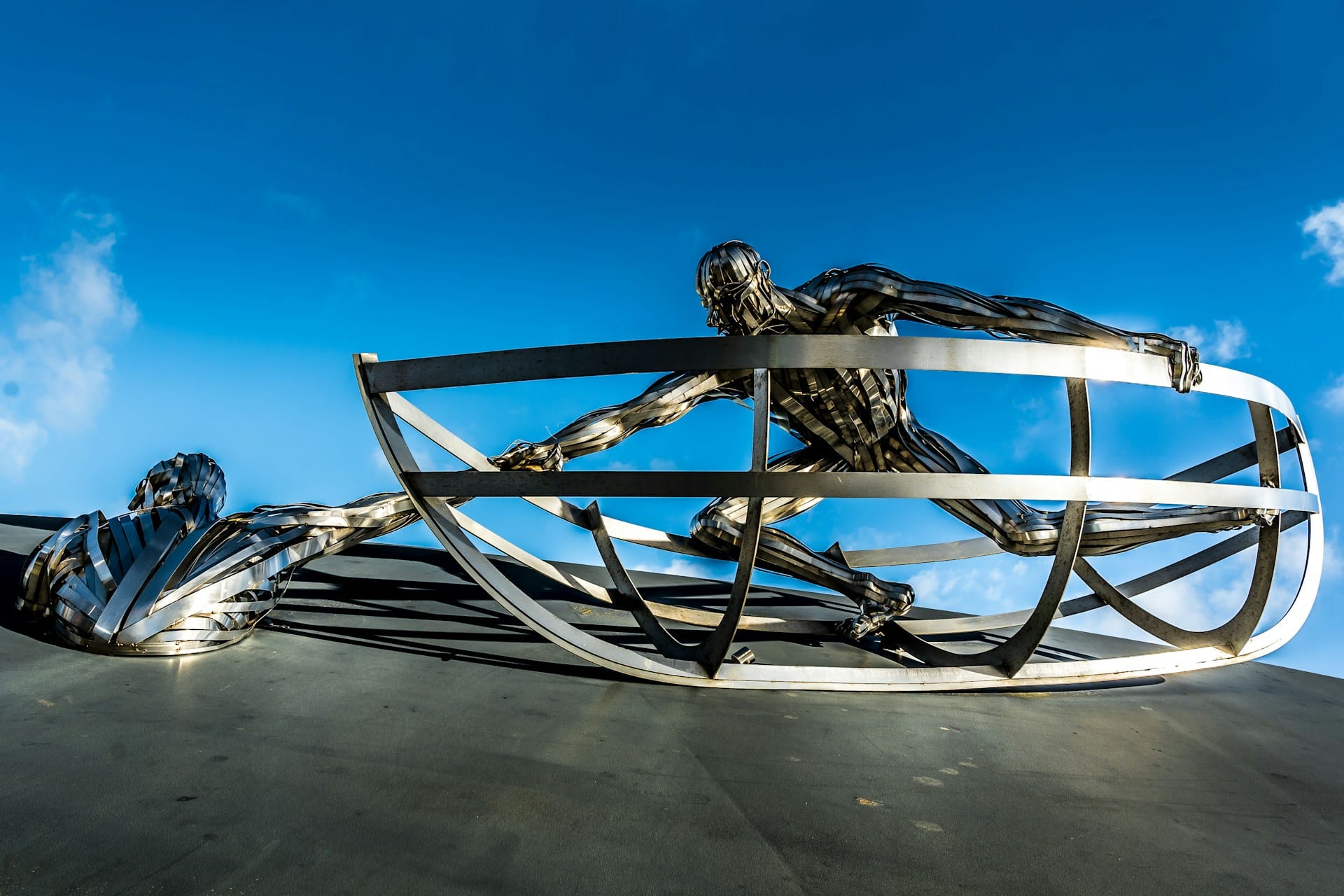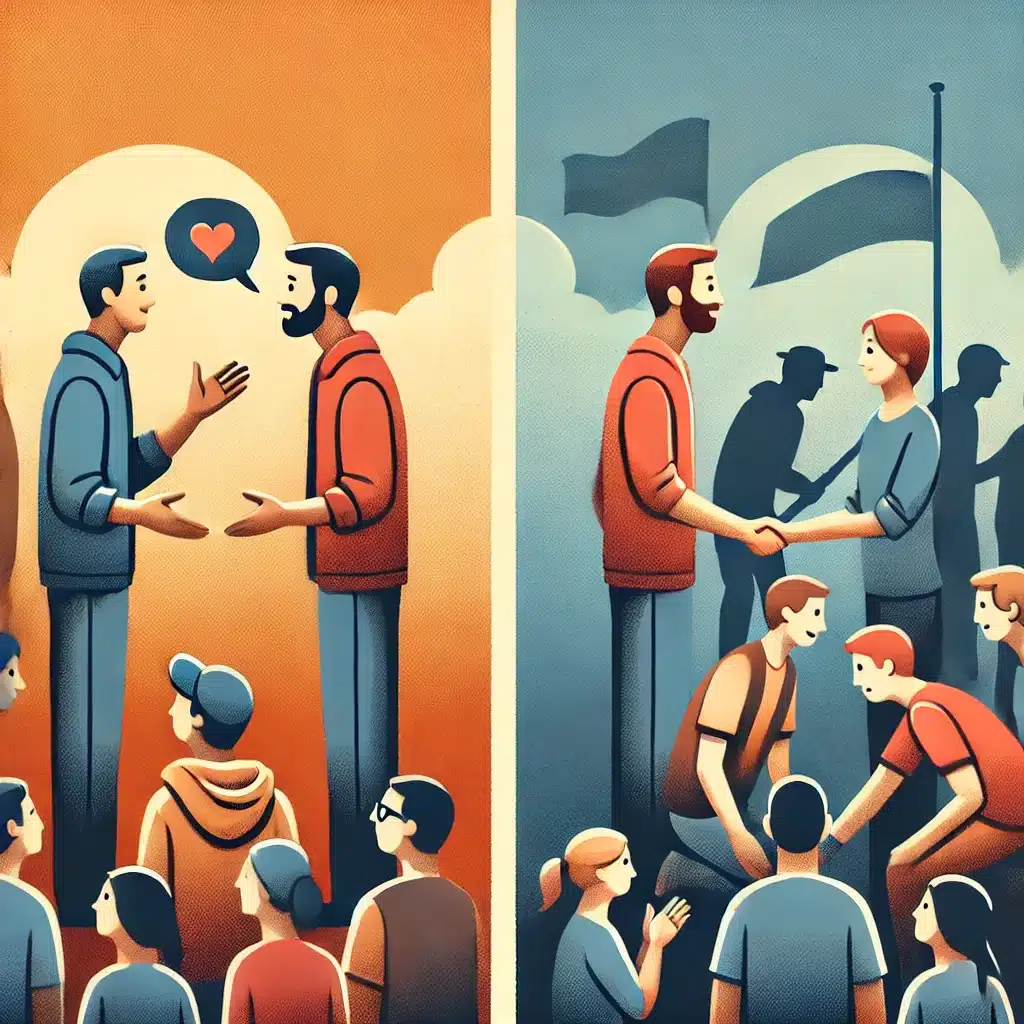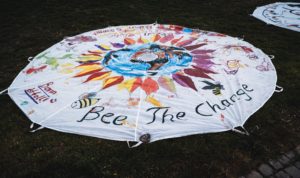- Happy Activism: A Sustainable Way to Create Change Without Burnout - February 9, 2026
- The Meaning of Critical Thinking: A Key Skill for Navigating Today’s Information Landscape - November 3, 2025
- Grandparents Can Develop Activist Grandchildren - September 29, 2025
Last Updated on February 11, 2026
Change the world and give your legacy meaning. Volunteer, give back, and be the change you wish to see in the world.
What will your legacy be?
I’m pondering this question because my husband and I are updating our end-of-life planning. Preparing for the end of life requires you to think about uncomfortable issues. Still, it also provides an opportunity to think about your legacy. I want to give my legacy meaning.
I found a lovely website where you can record your wishes and give access to family and executors. When asked whether I wanted to write my obituary, I pondered what to say and whether that matched what I wish it would say if someone else wrote it. Certainly, I could list my accomplishments, but how do I want to be remembered?
I want to be remembered for bringing more to the world than I took from it. I hope people will say that interactions with me left them feeling good. And that I left a legacy of trying to make the world a better place.
What will your legacy be? If you want to be remembered as someone who helped change the world, there are many opportunities to give back.
Why Change the World?

If you are reading this post, you must be considering your role in changing the world. Thank you! There are many resources in this post and throughout Life At The Intersection to help you make the most impact possible, whether that is through volunteering or activism.
And guess what? In addition to the work you do for others, giving back has many advantages for you!
Volunteering has many physical and mental benefits that can profoundly impact your well-being. Physically, volunteering can help reduce your risk of chronic diseases, such as heart disease and diabetes, by increasing your physical activity and social interaction.
Volunteering can improve your mental health by reducing stress, anxiety, and depression. The sense of purpose and fulfillment you feel from helping others boosts your self-esteem and confidence.
Giving back to others, you experience a sense of gratitude, which can positively impact your mental health.
Overall, volunteering is a win-win for you and your community.
Making a Difference: Activism vs. Volunteering
Activism and volunteering are often used interchangeably, but they have some differences.
Activism is about making change, such as influencing others to change their behavior. Or you might try to change systems or policies. Activists might participate in a climate strike, organize a voter registration drive, or advocate for mental health parity.
Volunteering is focused on providing service to people or organizations. Volunteers might work at a food bank, tutor students, or assist at a local animal shelter.
To highlight the differences, an activist might work to pass a law to protect the environment. At the same time, a volunteer might help clean up a local park.
I asked AI to create the image below. My instructions were to create a picture of an activist on one side and a volunteer on the other. Can you guess which is which?
It is hard to tell, isn’t it? The activist is on the left, and the volunteer is on the right. I guess AI can’t really tell the difference, either!
But do the differences really matter? No. Both are ways you can give back and make the world a better place.
How to Change the World: 5 Steps to Make a Difference
Let’s explore how you can change the world, one step at a time. I’ve written extensively about my 5-Step Activism Path, a guide for new and seasoned activists to find effective and motivating activism. Following the Path will result in an opportunity that matches your passion and talents and works for your life.
Why is Following the 5-Step Activism Path Important?
Activists and volunteers who don’t find motivating opportunities to make change drop out at alarming rates. Around 40-50% of volunteers drop out within their first year. Activists face similar challenges.
At the root of dropout is burnout caused by emotional exhaustion, stress, and a lack of impact. Many nonprofits report issues with burnout, dropout, and difficulties recruiting and retaining people.
How Volunteers Can Use the Path
But guess what? Volunteers use my 5-Step Activism Path, too. They find their purpose and the cause most dear to them. In addition, I provide tips for how to match their skills and motivation to the best volunteer opportunity.
Here is a summary of the 5-Step Path:
- Find the Cause Closest to Your Heart: Don’t get overwhelmed trying to solve every problem. Clarify your image of your ideal life and ideal world, and find the cause that means the most to you. If you choose the cause closest to your heart, you stay motivated.
- Clarify Your Unique Skills: Inventory the gifts—skills, knowledge, and motivation—you will bring to volunteer work. You’ll be more effective if you use the gifts you already possess. And if you’re more effective, you’ll be more motivated and engaged.
- Do Work You Love: Consider your options for various methods. You can find a method that will light your fire by recognizing your gifts.
- Make a Difference: We’re all busy. The time you spend on changing the world is precious, so make it count. Make sure the work you choose makes a real difference to a person, a group, or an organization.
- See Change Happen: Ready yourself by setting goals that will motivate you and keep you focused on achieving the best results from your work. And celebrate your impact.
1. Find the Cause Closest to Your Heart
The first step in changing the world is to find the cause that resonates with you the most. What issue do you care deeply about? What problem do you want to solve? You’ll be more motivated to act when you are passionate about a cause.
How To Find Your Cause Closest to Your Heart
Example: Sarah always felt a deep connection to nature. After witnessing the devastating effects of plastic pollution on her local beach, she felt in her gut that environmental conservation was her calling. To make change, Sarah might advocate for recycling bins on the beach. Or she might organize a club to walk the beaches and collect plastics if she wants to volunteer.
2. Identify Your Skills
Once you’ve found your cause, it’s time to identify your skills. Everyone has unique talents and abilities. What are you good at? What do you enjoy doing? When you use your skills to make a difference, you’ll be more effective and have more fun.
Are you a great communicator, leader, or artist? Do you excel at research, teaching, or fundraising? Chances are there is a place in your community where your skills will be a perfect match.
How To Take Stock of the Gifts You Bring to Activism
Example: Mike, a software developer, realized he could use his coding skills to create an app that helps people reduce their carbon footprint. Or he could volunteer to improve the digital presence of his favorite environmental nonprofit.
3. Find a Method You Love
The next step is to find activities that you love. What do you enjoy doing in your free time? You’ll likely stick with the work when you enjoy doing it.
It is easy to fall into the trap of asking an organization, “What do you need? Try a different approach. When you find an organization you wish to volunteer for, say, “I’m a teacher and love helping people learn new skills. Do you need someone for your volunteer orientation?”
How to Find the Best Activism Method
Example: Amanda, an artist, can use her talents to create powerful murals that raise awareness about social inequality in her community. Or she could approach a nonprofit and volunteer to use her artistic skills to help them fundraise.
4. Make the Most Impact
To create the most significant impact, assess where you can make a maximum effect. There are many ways to make change, but one opportunity might have more impact. Be choosy!
Joining an organization might provide more impact than going solo. Nonprofits like the Sierra Club or Planned Parenthood can help you find a place for your skills.
How To Make Impact With Your Activism
Example: Tom wants to address food insecurity and chooses two potential opportunities: start a garden to help feed his community or volunteer to organize food drives. Tom takes steps to measure which opportunity will improve his community the most.
5. Create an Action Plan and Stay Motivated

For example, you might set specific goals, such as volunteering several hours per month or raising a certain amount of money for your cause.
How to Stay Motivated in Your Activism
Example: Elena used the Path to realize her passion for helping older citizens get out in nature. She created goals for her work and rewarded herself for each milestone achieved. Although she prepared a stress management plan, she didn’t need it. Because of her careful planning, her work brought her joy instead of stress.
Putting It All Together
Be the change you wish to see in the world. ~Mahatma Gandhi
The lovely quote by Gandhi (although the source of this quote is disputed), “Be the change you wish to see in the world,” is a way to give your legacy meaning by living your purpose and values.
Former President Jimmy Carter and his wife Rosalynn were tireless supporters of affordable housing, participating in Habitat for Humanity builds for an estimated 4,300 houses. They epitomized the caring and selflessness of volunteering and being the change they wish to see in the world.
But you don’t have to be famous to give your desired legacy meaning. Simply by following the 5-Step Path, ordinary people can achieve extraordinary things. Sometimes, the cumulative effect of small, consistent efforts creates the most significant impact.
So, what are you waiting for? Start your journey to change the world and cement your legacy. Your passion, skills, and dedication can make a difference. The world is waiting for your unique contribution!
Change the world and give your legacy meaning. Volunteer, give back, and be the change you wish to see in the world.
READ NEXT
Ways Nonprofits Should Develop Activists




